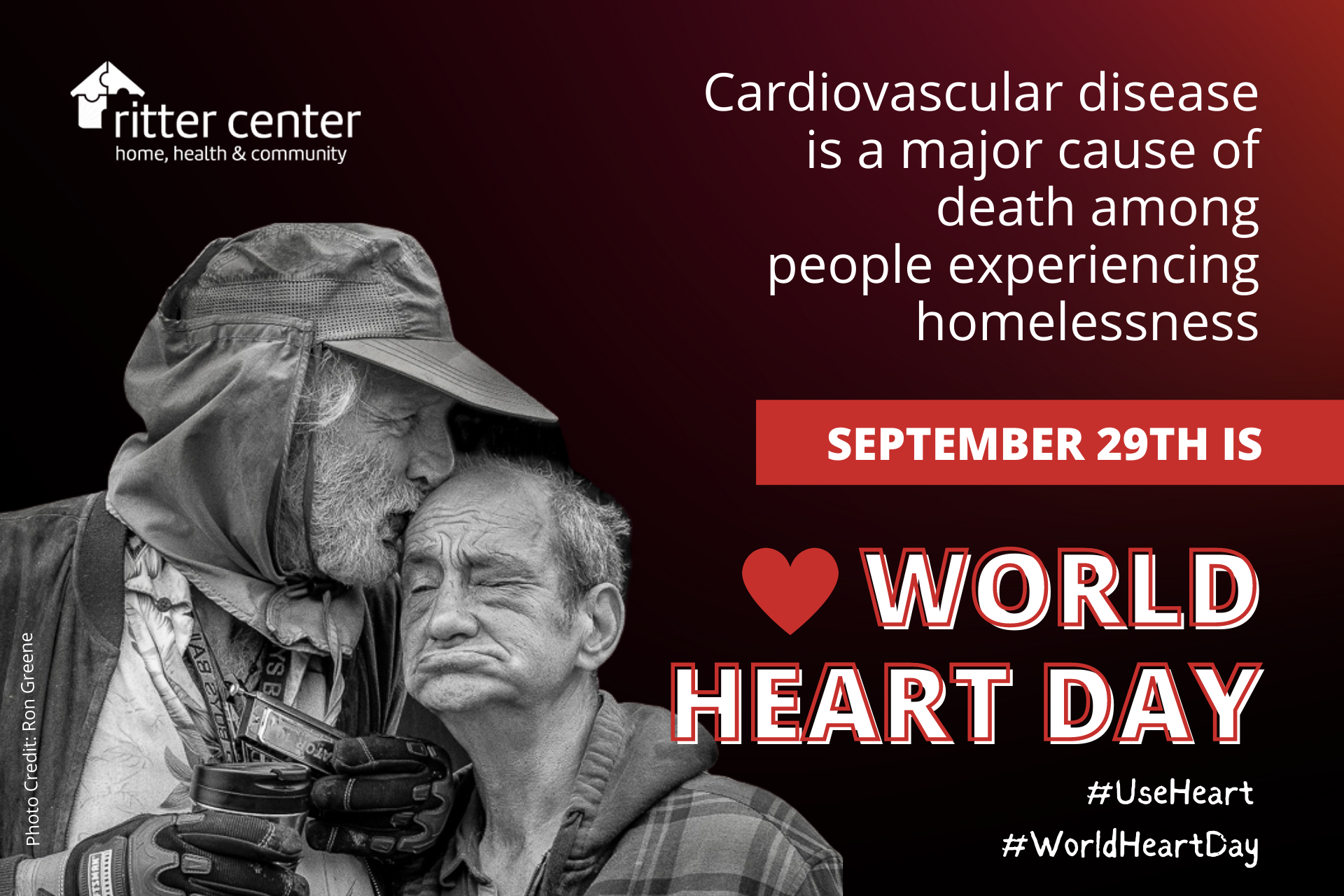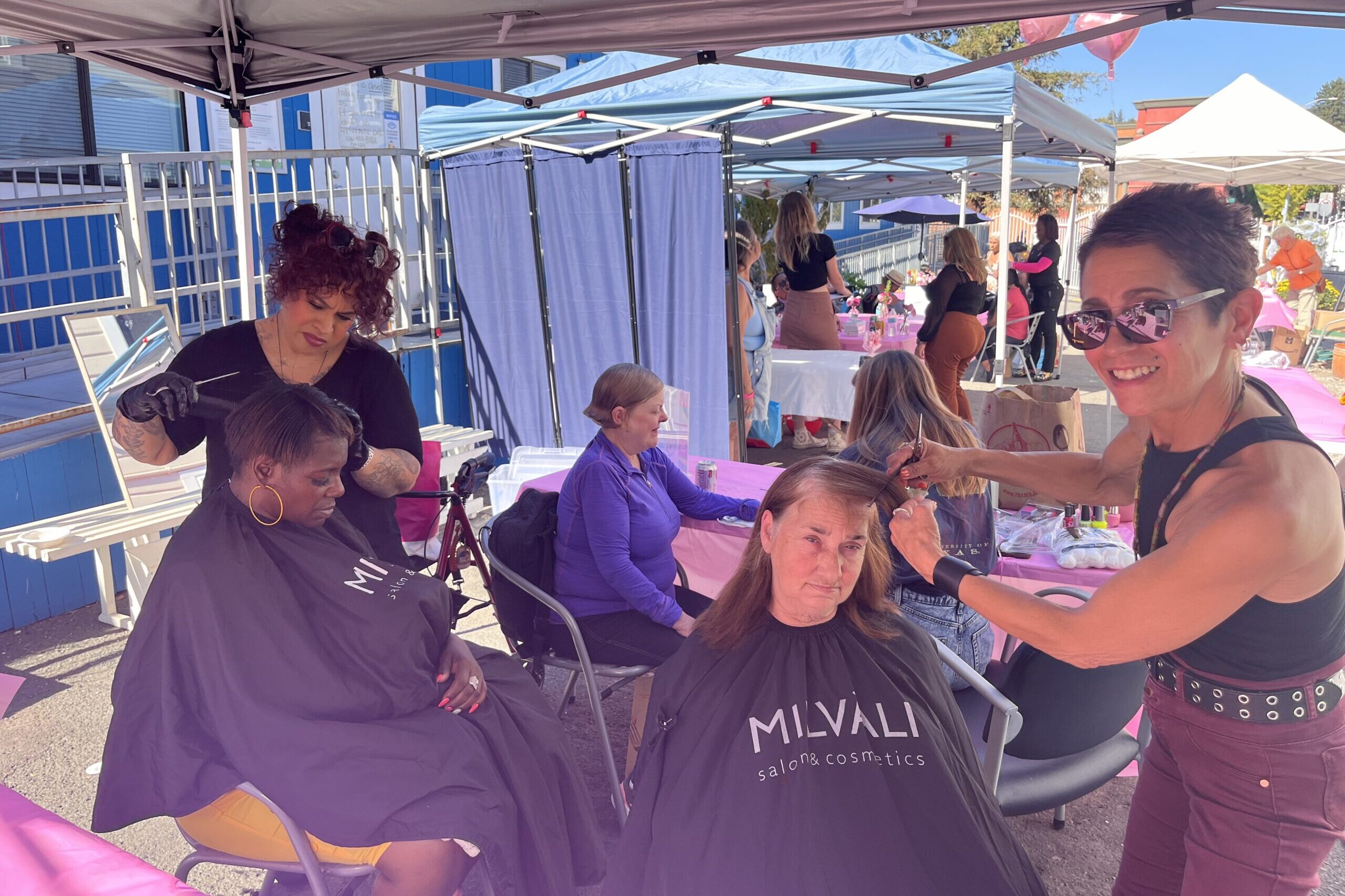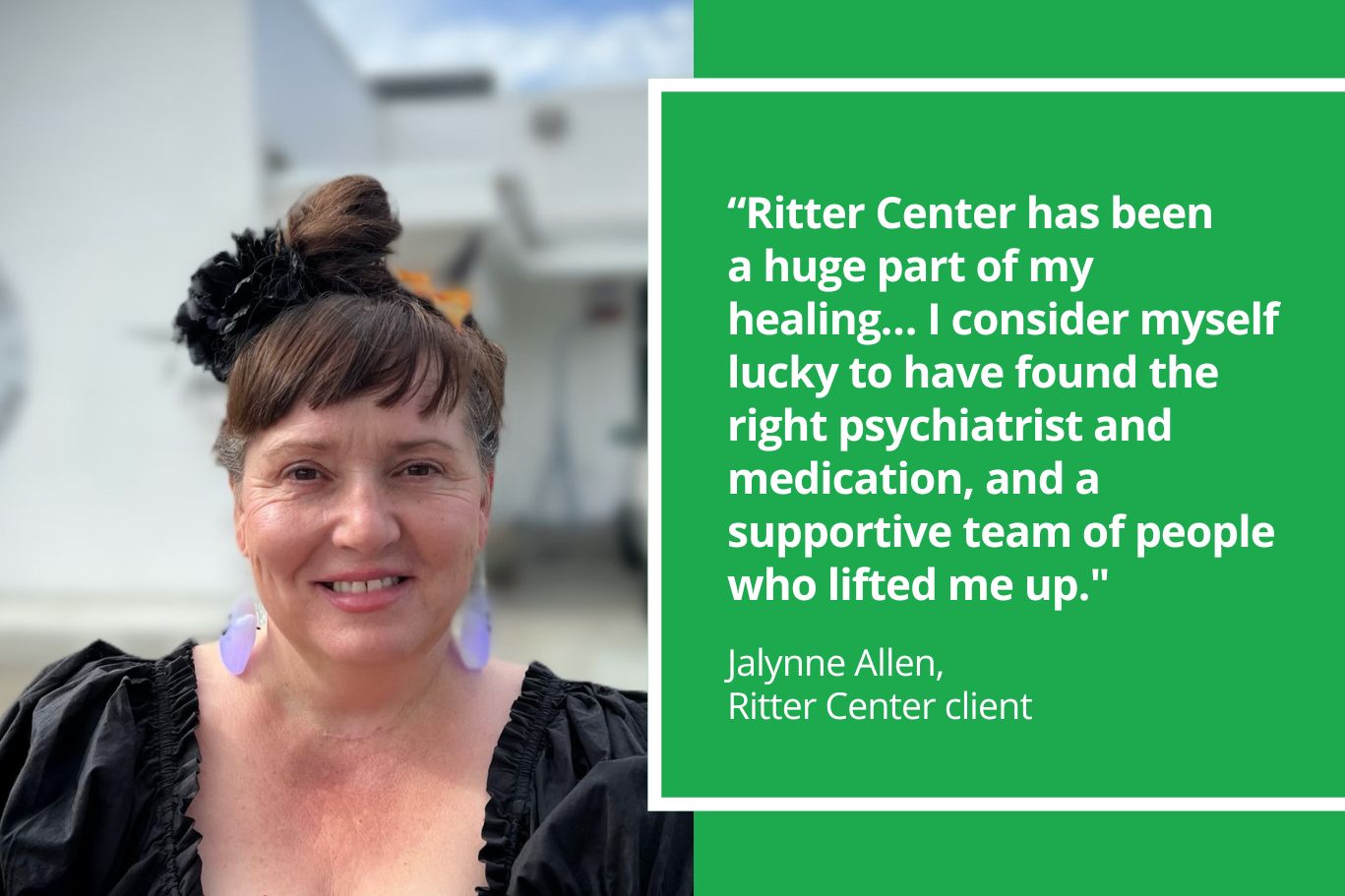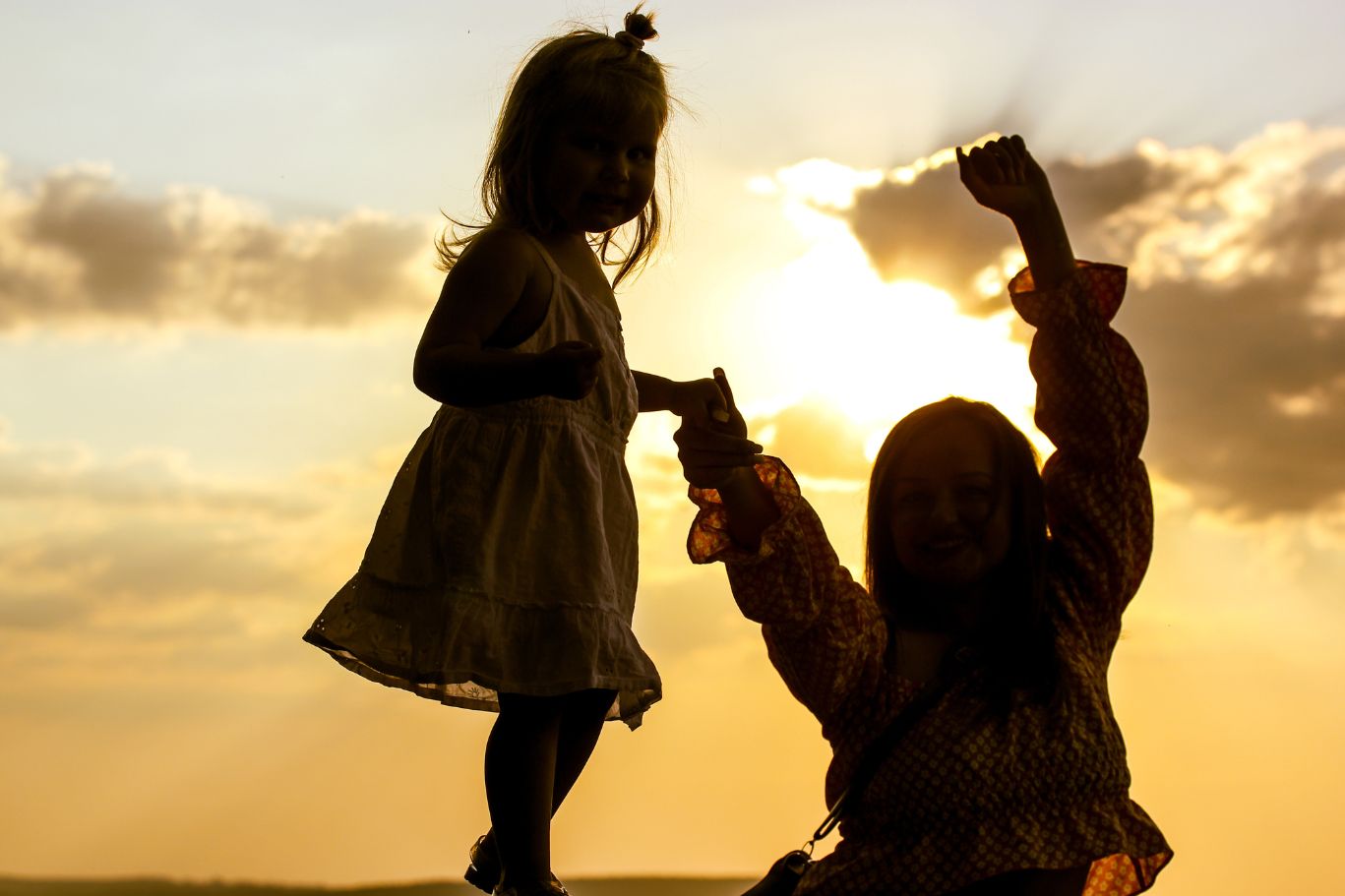
Healing Broken Hearts This World Heart Day
September 29th is World Heart Day – an opportunity for everyone to stop and consider how best to use heart for humanity, for nature, and for you to help beat cardiovascular disease (CVD).
It is no surprise that living on the streets is extremely stressful. But did you know that there is a link to cardiovascular disease and homelessness?
A medical journal article published a few years ago lays out just how cardiovascular disease is a major cause of death among people experiencing homelessness, at rates that exceed those in individuals who are housed.
A complex set of factors contributes to this disparity: a high prevalence of cigarette smoking; suboptimal control of traditional cardiovascular disease risk factors like chronic stress, depression, heavy alcohol use, and cocaine use; and other factors may confer additional risk for adverse cardiovascular disease outcomes. Also, poor health care access and logistical challenges to cardiac testing may lead to delays in diagnosis. Management of established cardiovascular disease may be further challenged by barriers to medication adherence, communication, and timely follow-up. (Journal of the American College of Cardiology Volume 71 Issue 22 June 2018 Cardiovascular Disease and Homelessness).
Currently, Ritter Center has a number of patients in its care that have cardiovascular disease and reflect some of the challenges laid out in the medical journal article.
“It is challenging for our patients to manage hypertension, diabetes, and diet with the difficulties they face in their lives. We work to educate our patients about what can happen and with a special focus on raising awareness about the symptoms of heart failure and heart attacks,” said Dr. Saima Firdoos, Chief Medical Officer at Ritter Center.
“One of our patients is very young and was suffering from stress induced cardiomyopathy also known as broken-heart syndrome or Takotsubo cardiomyopathy. Typically, more than 90% of reported cases are in women ages 58-70. Our patient had shortness of breath and an angiography was performed on her at the hospital to see if there was a blockage or a narrowing of the arteries. If a blockage is not the cause, then it’s actually constriction of the arteries because of stress. This patient originally presented at Ritter Center with shortness of breath and swelling of her feet. However, now, she is in a much better place. After 3 months on heart medications, the functioning of her heart went back to normal after having been reduced to almost half.”
Another patient at Ritter Center presented with a swelling of legs and shortness of breath. This particular patient had both an irregular and fast heartbeat. The patient’s atrial fibrillation led her to being referred to care by a cardiologist so she could receive an echocardiogram and other specialized follow up care protocols and procedures.
“Ritter Center is here to help. If you feel an irregular heartbeat, have high blood pressure, high cholesterol, blood sugar issues, abuse substances and/or are under too much stress, you can be at risk for heart disease. We are here to help the community. We are here to counsel you. Our street van team is out and about ready to support with screenings for blood pressure and diabetes. You are not alone in your heart health journey,” said Dr. Firdoos.
_________________________________________

The following information is taken from world-heart-federation.org
World Heart Day is celebrated every year on 29 September.
In May 2012, world leaders committed to reducing global mortality from non-communicable diseases (NCDs) by 25% by 2025. Cardiovascular disease (CVD) is accountable for nearly half of all NCD deaths making it the world’s number one killer. World Heart Day is a critical platform for the CVD community to unite in the fight against CVD and reduce the global disease burden.
Learn more at: https://world-heart-federation.org/world-heart-day





